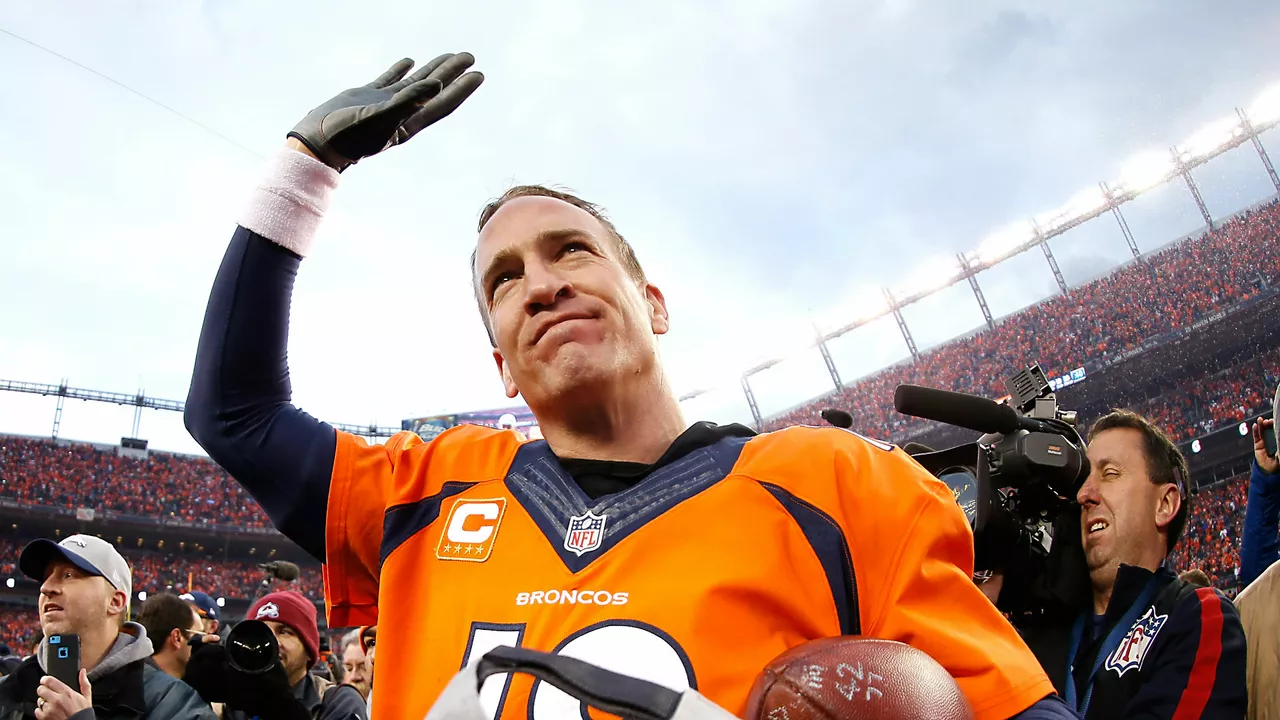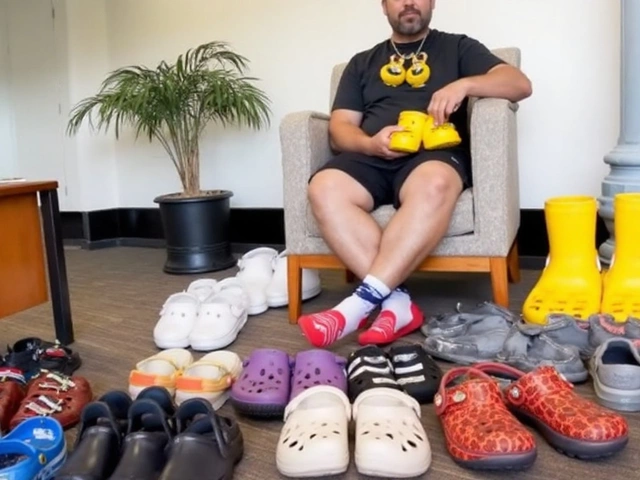Post‑Football Career: Your Next Chapter After the Final Whistle
When thinking about a Post‑Football Career, the period after a player hangs up his boots and seeks new purpose, income, and identity. Also known as career transition for former footballers, it demands a shift from the familiar rhythm of training and matches to fresh challenges and opportunities.
Key Paths Former Players Often Pursue
Many ex‑players jump into Coaching, where tactical knowledge meets mentorship, allowing them to shape the next generation. Others find a voice in Broadcasting, providing analysis, commentary, and insider stories to fans worldwide. Entrepreneurship, from launching sports apparel lines to investing in tech startups, lets former athletes leverage their brand for profit is another popular route. Finally, Sports Administration, involves managing clubs, leagues, or player unions, blending business acumen with on‑field insight rounds out the most common avenues.
Post‑Football Career encompasses these sub‑paths, each requiring a distinct set of skills. Transitioning athletes often need formal coaching badges, media training, or business education to fill knowledge gaps. Networking plays a crucial role; connecting with former teammates, club officials, and industry mentors can open doors that a résumé alone cannot. For example, a player who completed a UEFA coaching license may land an assistant role quicker when a former coach recommends them.
Financial planning is another pillar of a successful transition. Many players experience a sudden drop in income, so learning budgeting, investment basics, and tax strategies becomes essential. Building a personal brand early—through social media, community work, or charity involvement—can also turn into revenue streams via sponsorships or speaking gigs. In practice, a retired striker who launches a youth academy not only creates a legacy but also generates steady cash flow.
Mental health often gets overlooked during this period. The loss of routine, locker‑room camaraderie, and public adulation can trigger identity crises. Access to counseling, peer support groups, and mindfulness practices helps maintain motivation and confidence. When players view the transition as a growth phase rather than an end, they are more likely to embrace new challenges with enthusiasm.
Real‑world examples illustrate the variety of outcomes. Some ex‑footballers become celebrated TV pundits, delivering sharp analysis that fans love. Others step behind the bench, guiding teams to trophies with tactics honed from years of play. A few launch successful tech ventures, turning their passion for innovation into multi‑million‑dollar enterprises. These stories show that the post‑football landscape is far from one‑size‑fits‑all; it rewards creativity, preparation, and the willingness to learn.
Below you’ll find a curated collection of articles that dive deeper into each of these pathways, share practical tips, and highlight inspiring journeys. Whether you’re a player nearing retirement, a coach mentoring your squad, or simply curious about life after the pitch, the following reads will give you concrete ideas to start planning your next move.



